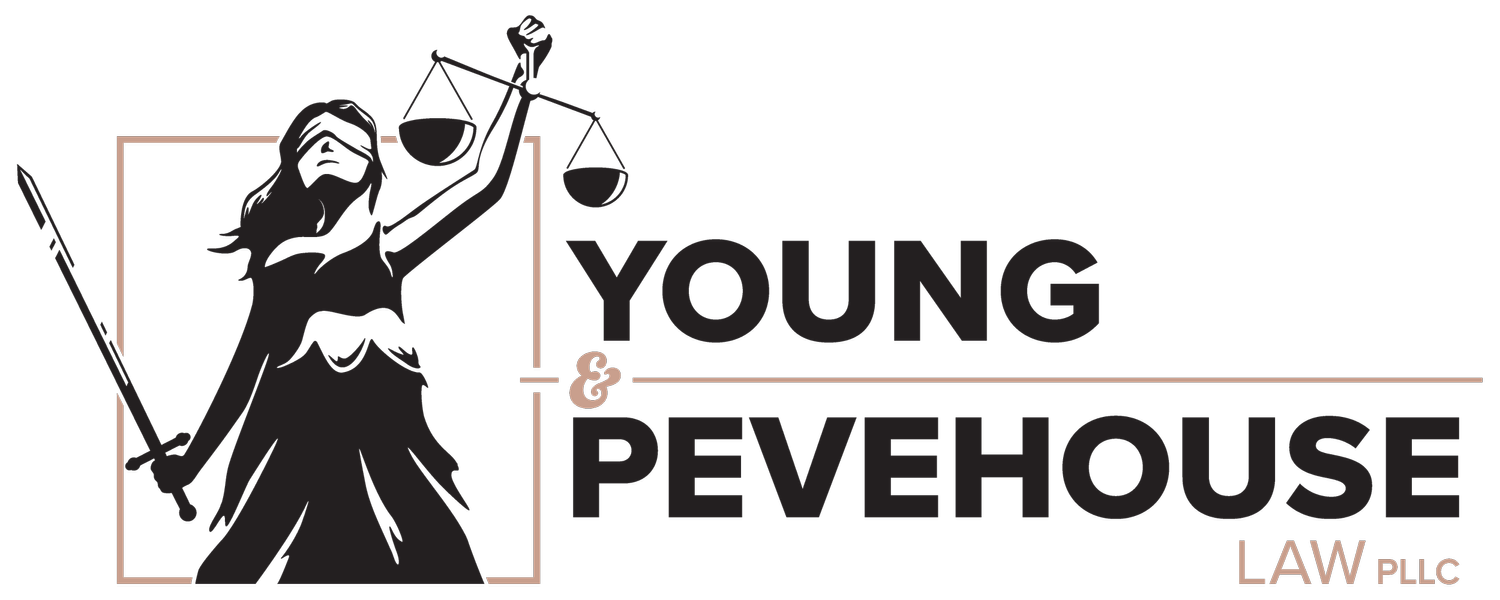Regular Review and Update: The Key to Effective Estate Planning for Small Business Owners
Changing Circumstances: Life is unpredictable, and your personal and business circumstances are subject to change over time. Whether it's a significant life event such as marriage, divorce, birth of a child, or changes in your business structure or ownership, these developments can impact the efficacy of your estate plan. Regular review ensures that your plan remains aligned with your current situation and goals.
Evolving Laws and Regulations: Estate planning laws and regulations are not static—they evolve and change over time. Keeping abreast of these changes is crucial to ensure that your estate plan remains compliant and optimally structured. By staying informed about relevant legal developments, you can proactively update your plan to take advantage of new opportunities or mitigate potential risks.
Asset Growth and Diversification: As your business grows and evolves, so do your assets. From expanding your product line to acquiring new properties or investments, these changes can significantly impact the value and composition of your estate. Regular review allows you to assess whether your current estate planning strategies adequately account for asset growth and diversification.
Family Dynamics: Family relationships and dynamics also evolve over time. Changes in marital status, family members' health, or estrangements can necessitate adjustments to your estate plan. By regularly reviewing and updating your plan, you can ensure that your loved ones are properly provided for and that your wishes regarding inheritance are accurately reflected.
Tax Law Changes: Tax laws are subject to frequent revisions, which can have significant implications for your estate plan. By staying informed about changes in tax laws, deductions, and exemptions, you can implement tax-efficient estate planning strategies to minimize tax liabilities for your beneficiaries. Regular review ensures that your plan remains optimized from a tax perspective.
Documenting Intentions: Estate planning is not just about the legal documents—it's about expressing your intentions and wishes for the future. Regularly reviewing and updating your estate plan provides an opportunity to reaffirm your intentions and ensure that they are clearly documented and communicated to your loved ones and business associates.
Regular review and updating are the cornerstones of effective estate planning for small business owners. By staying proactive and vigilant, you can ensure that your estate plan remains current, compliant, and aligned with your evolving circumstances and goals. For personalized guidance and assistance with estate planning matters, consult with our experienced legal team today.

